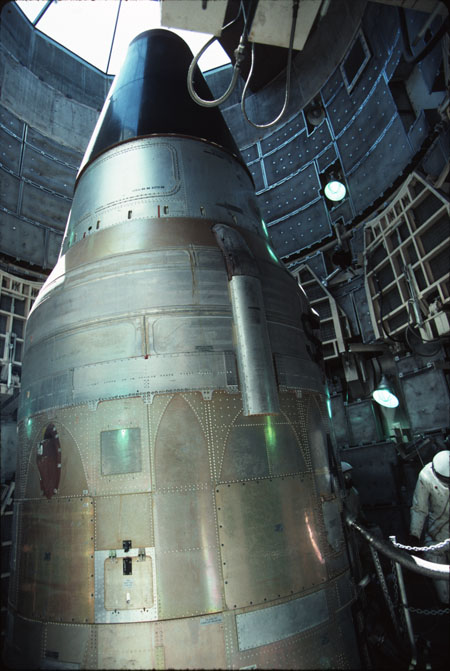Today's post will be cut short a little, I intended on composing a much more lengthy post on cars and oil, but that will be saved for another day. I will be responding to Mr. Butler's view of nuclear weapons.
If you did not get a chance to watch his interview, I still would recommend you at least watch the first ten minutes. The claims which Butler makes about nuclear weapons (obsolete, unnecessary, outdated; among other claims) I find far too idealistic. I prefer a bit more realist point of view.
"Speak soft but carry a big stick" -- Teddy RooseveltNuclear weapons are far from a thing of the past; rather, they are the weapon of the future. It is sad, both in my view and in Mr. Butler's view that this is true; but it is...
Nuclear weapons are not going away anytime soon. Currently there are nine nuclear weapon states:
1. United States
2. Russia
3. China
4. United Kingdom
5. North Korea
6. Israel
7. Pakistan
8. India
9. France
President Barack Obama and President of the Russian Federation, Dmitri Medvedev just held talks on the status of nuclear weapons and decided on a goal of reducing the number of deployed nuclear weapons. This goal hardly accomplished anything as I noted a few days ago.
As long as there are countries pushing for a military edge the world, there will be nuclear weapons. That is the truth, I invite anyone who disagrees to email me and we can continue that discussion. Last time I checked, India and Pakistan still have disagreements over Kashmir; Iran is still threatening to wipe Israel off the map (and vis versa); and North Korea is still threatening war against South Korea and the US....Nuclear weapons are not going away.
The simple fact is that nuclear weapons give us the "Big Stick" that Teddy Roosevelt spoke about many decades ago. Until the world realizes how bad a nuclear attack would be, there will be no elimination of nuclear weapons.
The need for them comes from the "macho" posturing that dominates international politics. There is no way to threaten a state that has a nuclear weapons when you have an army and some rifles. The fact is strategic competition on the world stage is composed of
"I have more nukes than you." We need to focus our efforst not on eliminating nuclear weapons, but on having more control.
Here is a link to a post I wrote about a month ago about nuclear weapon safety. Enjoy.



